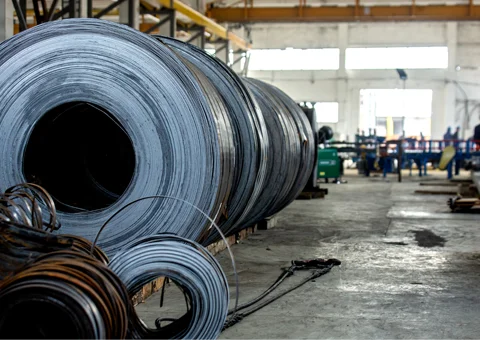The British steel industry has called on the government to consider further protectionist trade measures as the industry prepares for an influx of imported steel amid global overcapacity. This is stated in a report by the UK Steel industry association.
According to the analysis released by UK Steel, global excess steel production capacity in 2023 was estimated at 543 million tons, which is more than 70 times the size of the UK market. Rapid expansion is taking place in Southeast Asia and the Middle East. There, this process is largely state-funded, mostly involving blast furnaces with high emissions. In addition, capacity expansion does not reflect the level of domestic demand.
Demand for steel in China is also weakening, so the country is expanding its supply to other markets, which is leading to a drop in steel prices. China is expected to export 100 million tons of steel this year alone.
Currently, the UK has safeguards in place to limit the diversion of cheap steel to the country, introduced in 2018 in response to the Trump administration’s Section 232 tariffs. They expire in 2026 and cannot be extended in accordance with the rules of the World Trade Organization. UK Steel calls on the country to consider further protection of its steel industry.
According to Gareth Stace, CEO of UK Steel, if this problem is not addressed, British steelmakers may continue to lose markets and investments in decarbonization will be in vain.
According to the association, the share of steel imports to the UK has already increased to 68% in 2024 from 60% in 2023 and 55% in 2022.
In June 2024, the UK extended safeguard measures on 15 categories of steel for another two years, until June 2026. The list of products covered by the review included hot-rolled and cold-rolled plates, metal and organic coated plates, rebar, wire rod, bars, angles and other shapes, and welded pipes.
